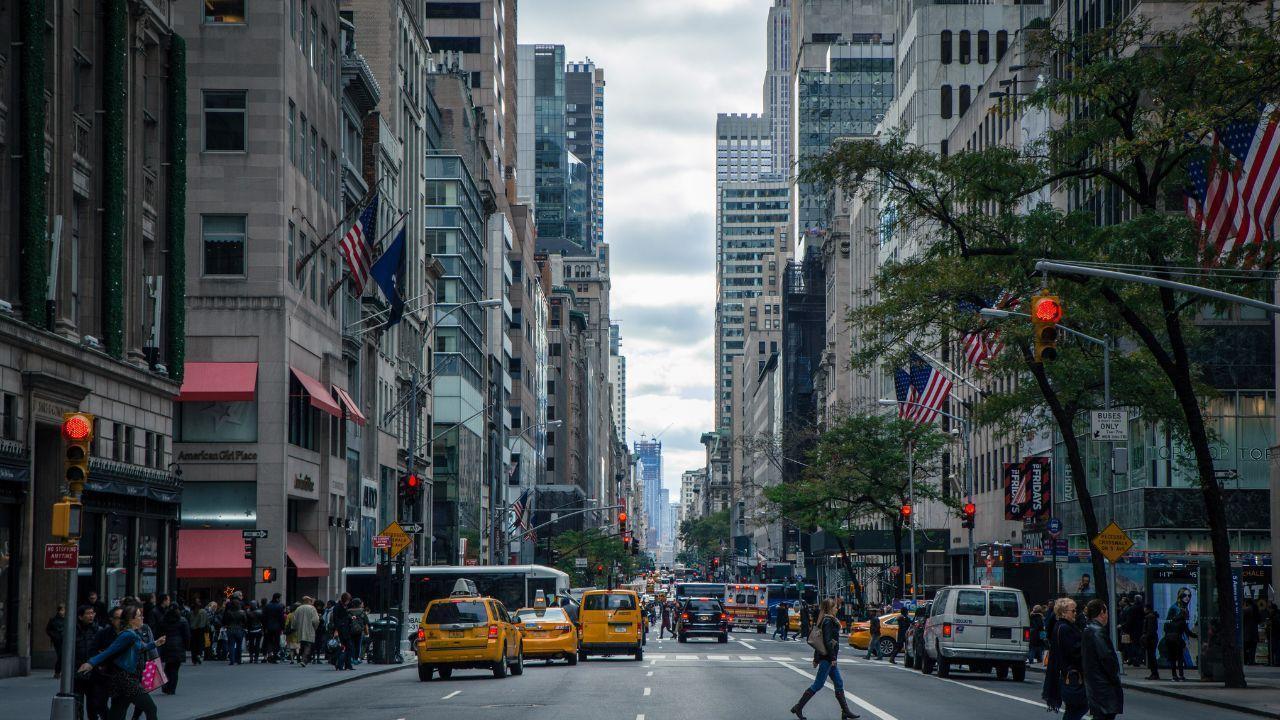
Post by : Vansh
In a rapidly urbanizing world, cities are no longer just physical spaces—they are evolving into intelligent ecosystems powered by data, digital infrastructure, and community collaboration. The concept of City Sync: Where Technology, People, and Progress Align captures the essence of how innovation can harmonize with human needs and urban development. This transformation is redefining how we live, move, work, and interact in cities—creating more efficient, sustainable, and inclusive urban environments.
Smart cities lie at the heart of the City Sync movement. They integrate cutting-edge technology with urban infrastructure to improve everything from traffic flow to waste management. Sensors embedded in roads, traffic lights, and public transport systems generate real-time data that helps city officials make data-driven decisions. Whether it’s reducing congestion or monitoring air quality, smart technologies are shaping cities that respond to their citizens’ needs in real time.
For example, cities like Singapore and Barcelona have embraced IoT (Internet of Things) systems that adjust lighting, temperature, and water usage automatically, leading to more sustainable energy use. This is technology not for the sake of it, but in service of people—a cornerstone of City Sync.
While technology is a driving force, City Sync is also about placing people at the center of urban transformation. Cities can’t truly thrive unless they cater to the well-being, health, and aspirations of their residents.
Human-centric urban design includes features like walkable neighborhoods, accessible public spaces, and responsive public transport. The aim is to build environments that nurture mental and physical well-being while fostering community interaction. These inclusive spaces make cities more livable for everyone—from children and seniors to those with disabilities.
Moreover, digital services such as e-governance platforms and mobile citizen apps ensure that people have a voice in how their cities evolve. This alignment between people and governance exemplifies the City Sync model, creating a democratic, participatory approach to urban development.
Artificial Intelligence (AI) and big data analytics are pivotal tools in achieving City Sync. These technologies analyze massive volumes of urban data to identify patterns, forecast issues, and automate responses. For instance, AI algorithms can predict traffic jams before they happen and reroute vehicles through alternate roads, easing pressure on infrastructure.
Smart waste bins that notify municipal departments when full, predictive analytics for water shortages, and automated crime prediction systems are just a few examples of how AI is bringing a futuristic vision of urban life into the present.
This technological foresight is essential for city planners aiming to stay ahead of urban challenges like overpopulation, pollution, and resource scarcity. Technology, when used wisely, enhances resilience and adaptability—two crucial aspects of sustainable urban growth.
City Sync is not just a technological ambition—it’s also a driver of progress in economic and social domains. By fostering innovation hubs, tech incubators, and digital economies, cities can create new job opportunities and attract global investment. These advancements contribute to a robust urban economy, uplifting not only infrastructure but also communities.
On a social level, tech-integrated cities support education, healthcare, and community development. Telemedicine apps, digital classrooms, and online vocational training can reach underserved populations, reducing inequality and enhancing quality of life.
When people are empowered through accessible technology, cities become engines of growth and social cohesion. The synergy of digital inclusion and physical infrastructure ensures that no one is left behind in the journey toward progress.
This article is provided by MiddleEastBulletin for educational and informational purposes. The insights shared here are based on current urban development trends and are subject to change as technologies and policies evolve.
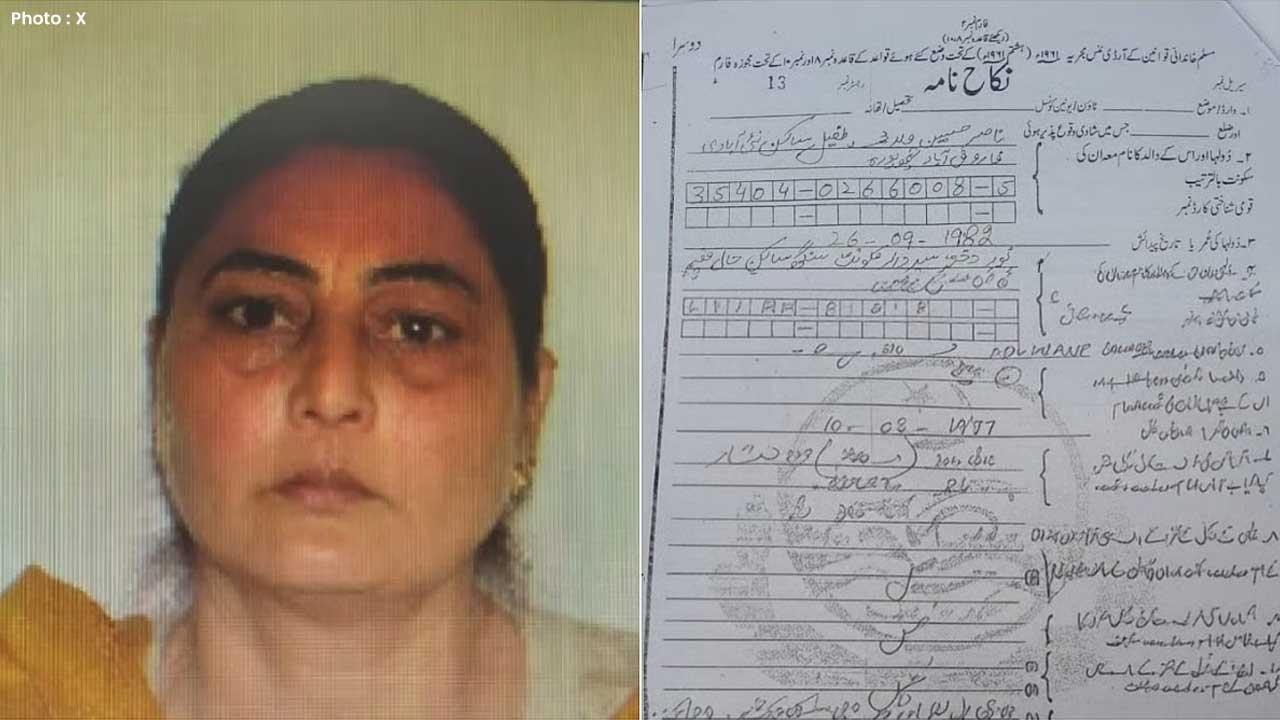
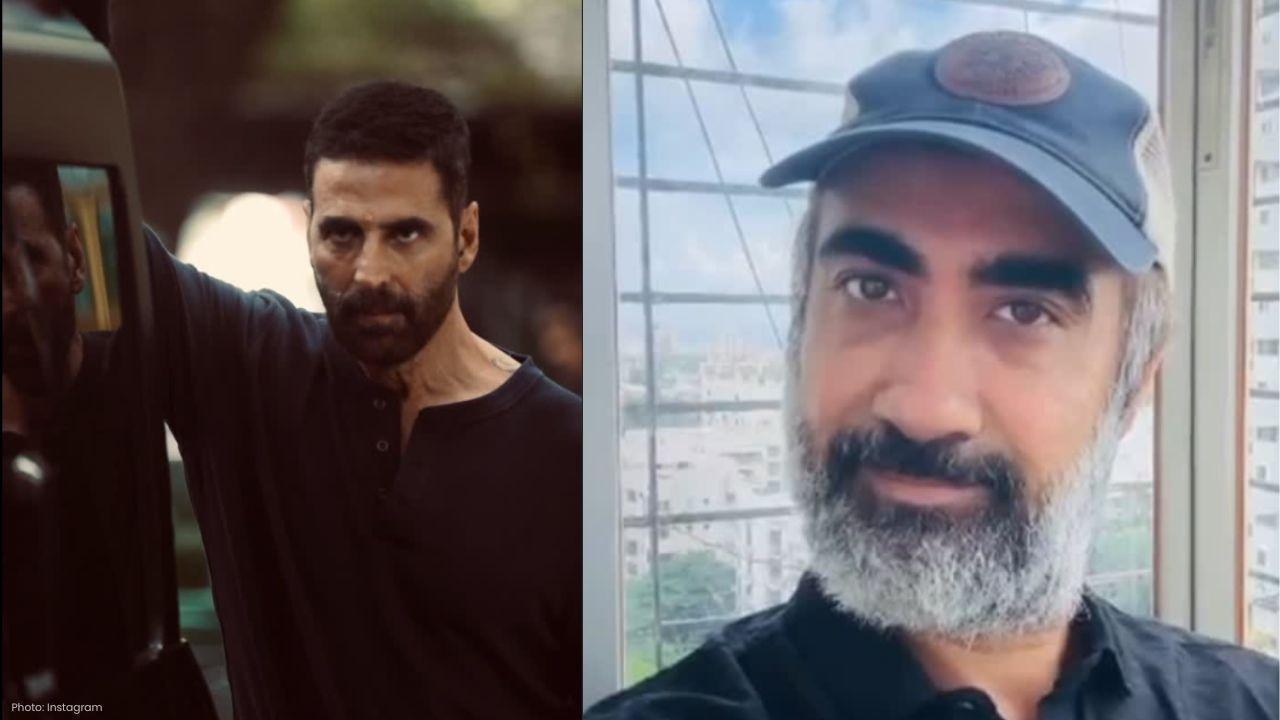
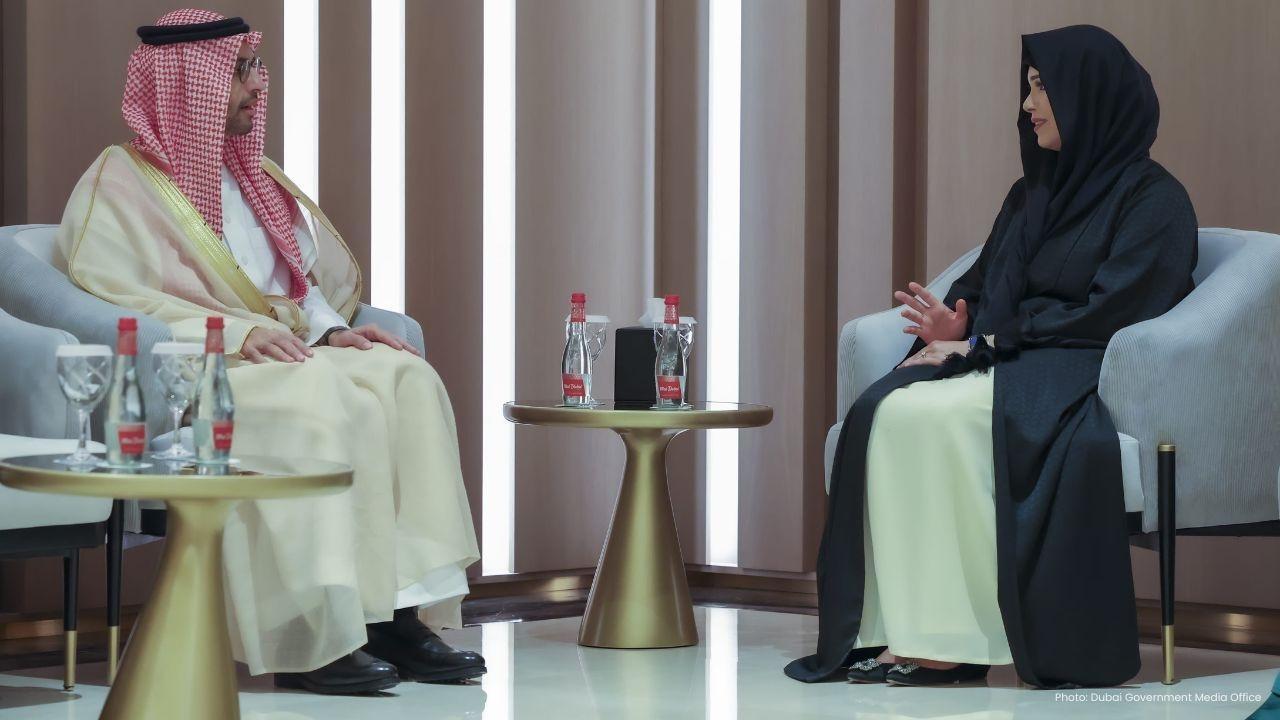
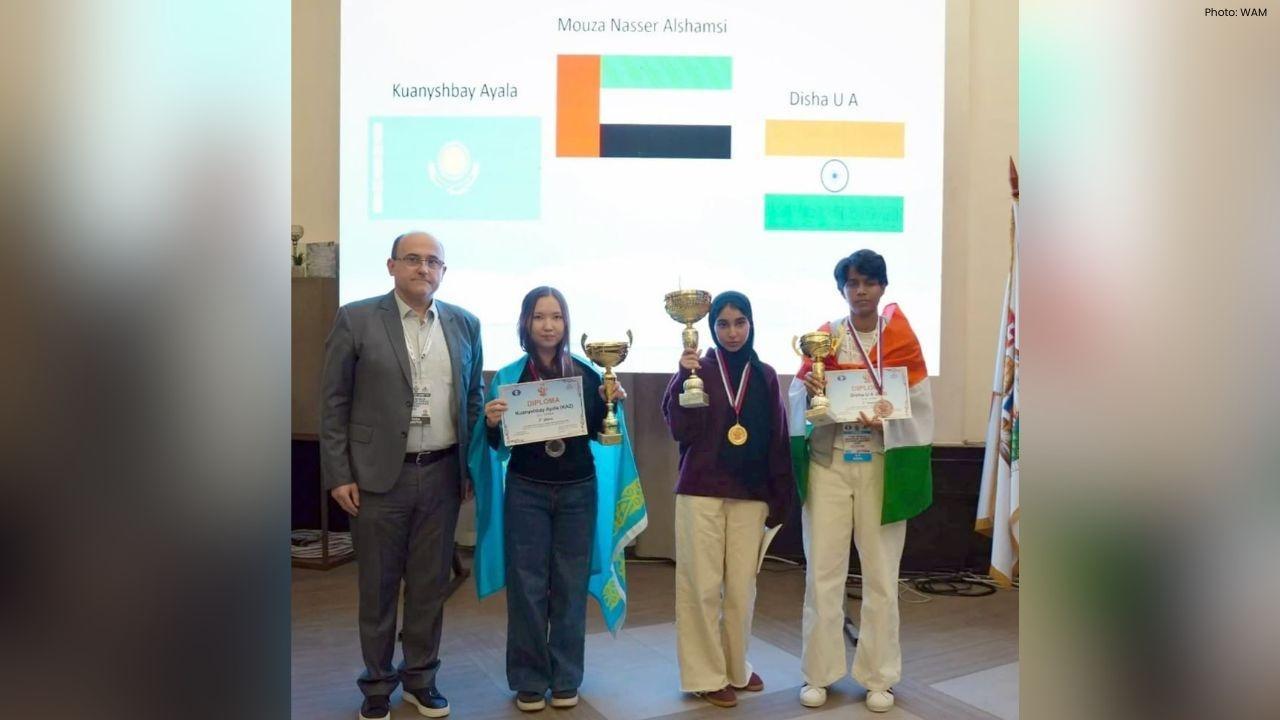
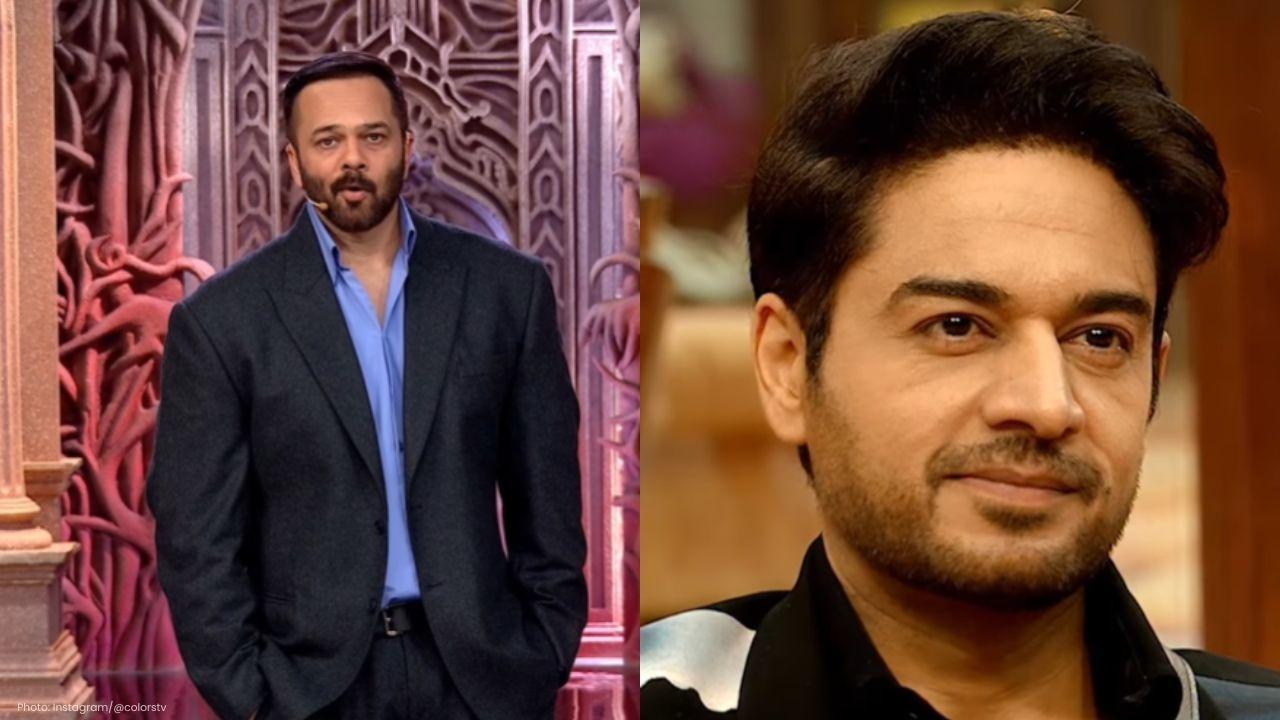
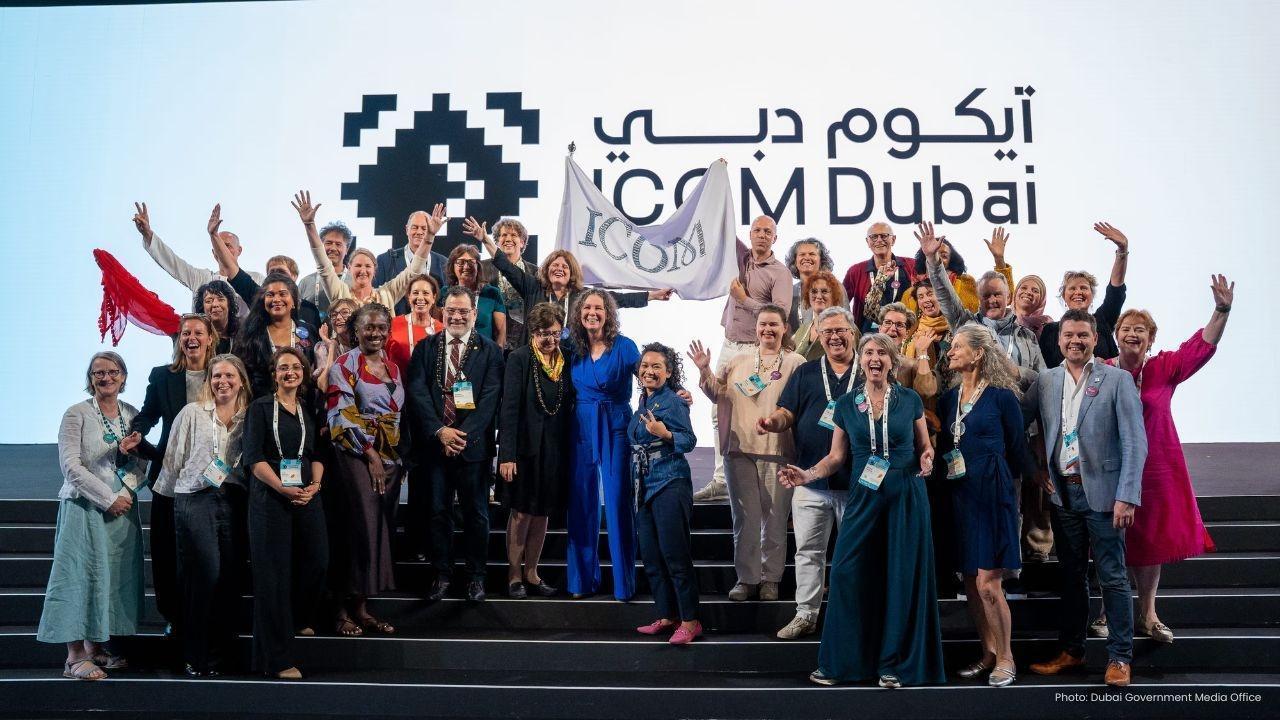
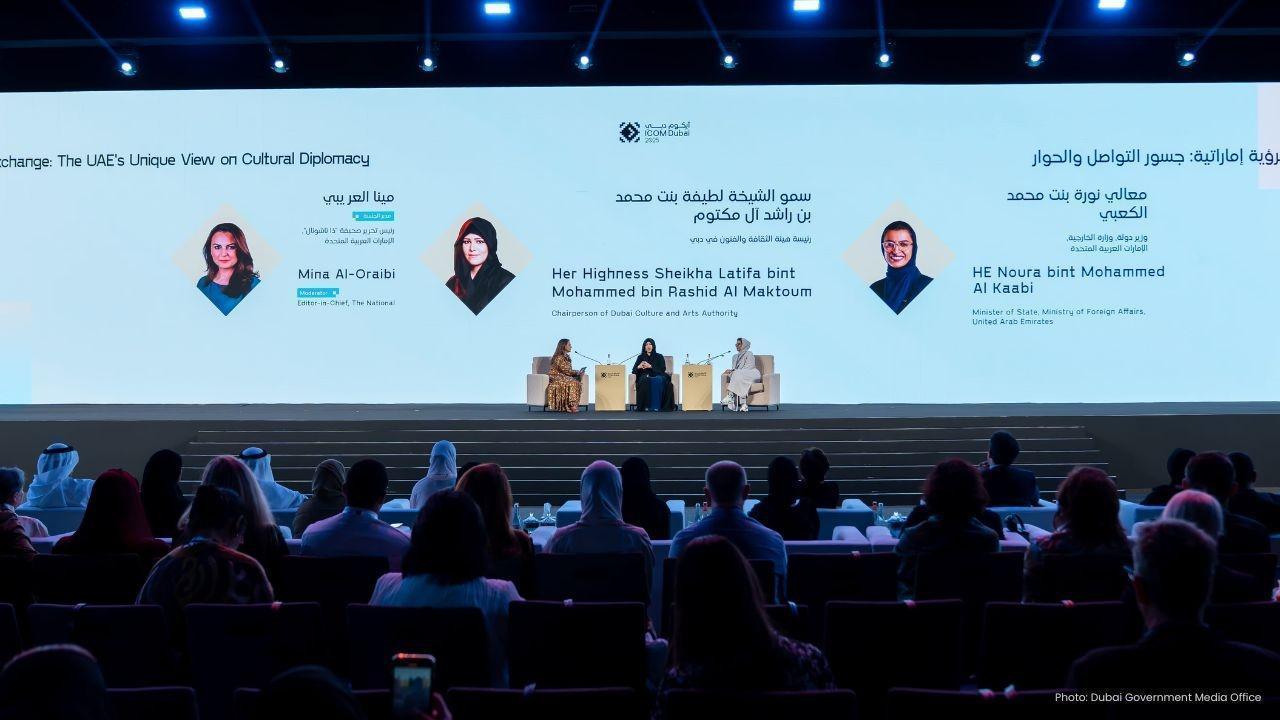



Pageau's Overtime Goal Propels Islanders to 4-3 Victory Over Golden Knights
In a thrilling overtime finish, Jean-Gabriel Pageau leads the Islanders past the Golden Knights 4-3,

MLB Awards: deGrom and Acuna Jr. Shine as Comeback Players
Jacob deGrom and Ronald Acuna Jr. celebrated MLB Comeback Player Awards, alongside Ohtani and Judge

Portugal Confronts Ireland in Pivotal World Cup Qualifier
Portugal, led by Cristiano Ronaldo, faces Ireland in a vital Group F World Cup qualifier that could

Haaland's Brilliance Leads Norway to 4-1 Victory Against Estonia
Erling Haaland showcases leadership as Norway crushes Estonia 4-1, boosting their World Cup ambition

Hawks Triumph Over Jazz; Suns and Raptors Secure Victories
Hawks' Onyeka Okongwu and Jalen Johnson lead in a thrilling win against Jazz; Suns and Raptors also

Indian Men's Recurve Team Clinches First Asian Gold in Nearly Two Decades
The Indian men's recurve team triumphed over South Korea, securing their first Asian gold in 18 year